Choosing the Caster for You
- anthony598
- Nov 20, 2017
- 3 min read
Since the invention of casters in 1876 by David A. Fisher, we have been modifying and changing their design to suite our needs for all forms of work from furniture, and health care, to industry, and even towing.
When choosing a caster there are six basic things to consider:
Position & Attachment:
There are a variety of different types of casters to consider, and each type may have a different use. The two main caster attachment types are by using a "post" or a "screw-on".The best way to consider this is to think about what you are using the caster for and how it is going to be use.
Weight & Type:
One of the most important things to know when choosing a caster is the weight load that is needed to be held. If you are unsure, do not guess because by doing this you could possibly choose the wrong type of caster and cause damage to yourself and the caster. In order to find a caster to fit your weight requirement multiply the caster(s) capacity by the number of casters you intend to use in order to maximize caster capacity. The distribution of weight is important as well because if the weight distribution is unequal then this could cause caster failure, in this case place more casters on the heavier side.
Movement:
The movement type needed of the cart is also important to know when choosing a caster, the two types are: swivel and rigid. A swivel caster is able to rotate 360°. Whereas a rigid caster is only able to move linearly -- forward or backward only. Yet, both have their drawbacks and benefits, and as a result they are both often needed.
Floor Types:
Depending on whether you are okay with your floor getting scratches, marks, wearing, or other possible damages or not shows whether floor types are important. It's not just this that affects your decision on this though, casters perform different on different types of flooring. To determine all of this the Durometer (hardness or softness) helps. Soft casters ("A" on the Durometer Scale) perform well on hard floors if scratches, and marks are not what you want on your floor. Hard casters are required however if your floor has carpeting so that way the caster will not get caught on the carpet. The thicker the carpet, the larger the caster required.
Special Requirements:
Sometimes special requirements are needed. Luckily there are many, many different types of casters that can help compensate for this. Some casters are made with locks, shock absorbency, and other benefits. It is best to choose a caster that fits your environment. If you need help our staff at Caster Works Inc. is always willing to help with whatever specifications that your caster requires.
Design:
Casters also come in multiple different colors, for design needs. Colorful casters can give your carts color and provide a less industrial-like feel.
Overall, if you need help with choosing the perfect caster for you, come to us -- Caster Works Inc. -- we will not only save you money, but provide you with exactly what your need. Multiple of our casters even come with a 3 year warranty just in case the impossible happens.






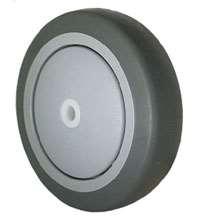
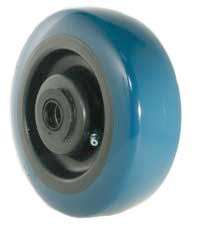

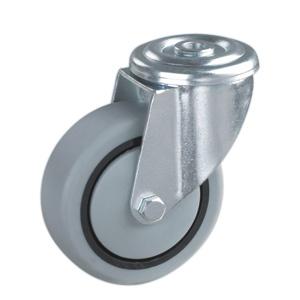
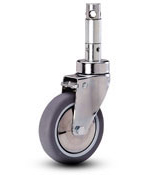


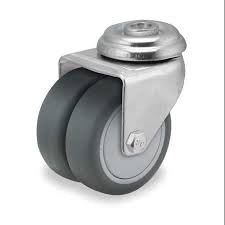






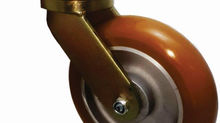





















Comments